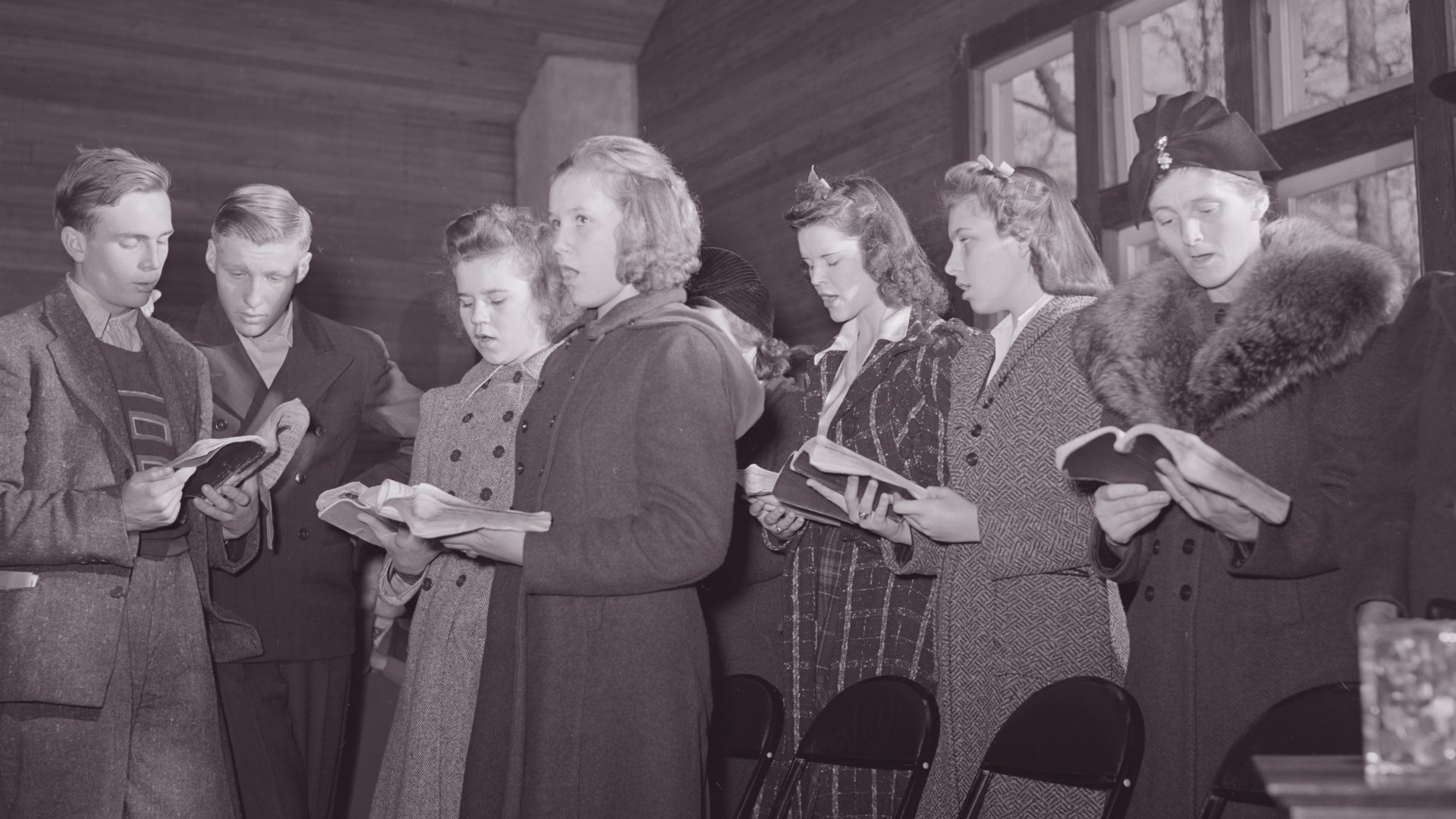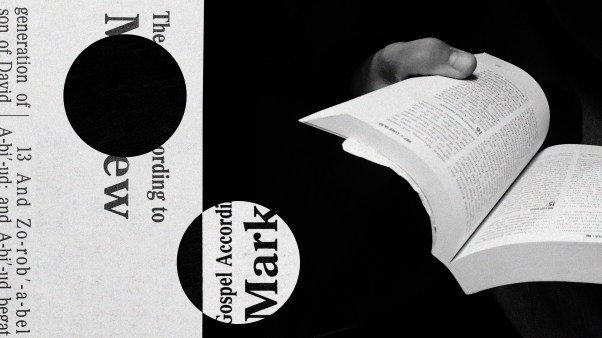It is a founding myth—tinged perhaps with either wishful nostalgia or unsentimental relief—that the church was always at the center of American community life. For much of the country’s colonial period, much of the country avoided Sunday worship, reveling instead in the distractions, demands, and seductions of the New World. The British sent missionaries before they sent boatloads of redcoats.
The Great Awakenings changed that, of course, and congregations began to hold more sway in the later 18th and early 19th centuries. Yet even at the dawn of the Civil War, fewer than half of Americans were formally members of a church. (That figure likely excludes the historical Black church, with its own still-emerging history and a vibrancy that may well have eclipsed that of the white church.)
Almost everyone, however, came to see church as part of the marrow of community life. In the worldliest sense, regular worship and prayer meetings had obvious pull in a time before inexhaustible electricity and Netflix: They were something to do a few nights a week, an excuse to gather and socialize. That appeal endures in many power-starved corners of the world, where gas generators, amplified Casio keyboards, and extension cords for charging cellphones still draw crowds after sundown.
But there was another significant benefit of church: Sunday school. An endangered practice in American churches today, Sunday school was the only avenue for education open to many families during the Industrial Revolution, when men, women, and children were tied up in production six days a week. “By the mid-19th century,” historian Timothy Larsen wrote in CT, “Sunday school attendance was a near universal aspect of childhood. Even parents who did not regularly attend church themselves generally insisted that their children go to Sunday school.”
Compulsory public schooling ended the church’s leading role in education, but not the priority parents gave to shipping their kids to church. (The moral formation of children is still one of the top reasons Americans say they attend church, just above “to make me a better person.”)
Americans undeniably believed church nurtured the community’s ongoing health. That sentiment began fading quickly in the 1970s, but our cover story this month suggests that our forebears were right. A growing body of research argues that church is good for more than just our souls. That is, granted, a utilitarian and very unspiritual way to view gathered worship. But it was just such ancillary benefits that drew many to church in the first place two centuries ago.
Andy Olsen is CT’s print managing editor.










